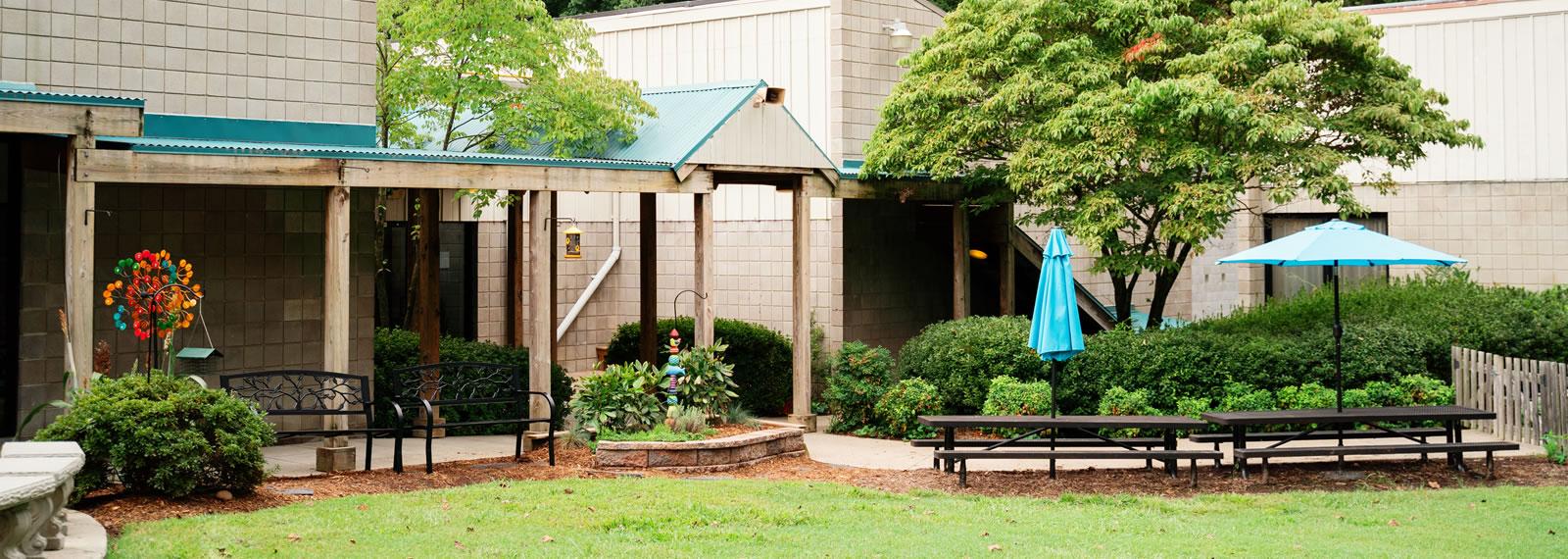You may think after hearing this, “That all sounds great, but what are the benefits of Montessori over other options for private school, or public school, for that matter?” Here are some of the key differences that position Montessori students for success in education – and in life.
1. Montessori creates self-starters.
From the time students begin at Montessori school, no matter the age, they are learning to make choices and decisions about their work in order to help them develop effective time management skills. For example, in the elementary and middle school classrooms, you will find students using weekly planners to make decisions and create their own timelines for work. Students and teachers work together to establish goals, and the children are charged with managing their time appropriately. It is a unique style – but one that becomes most useful as the student moves on to high school and throughout the rest of their lives.
2. Montessori fosters independence starting at a young age.
As parents, we typically find ourselves taking action in place of our children. If there’s a spill, we clean it up – almost on autopilot. The Montessori child takes matters into their own hands by cleaning up messes, putting on shoes and coats – you’ll even find the 18-month-olds smashing their own peanut shells or slicing their own bananas (safely and under supervision, of course!). By having the child take ownership in this regard, you’ll have a very helpful and independent little one on your hands!
3. Montessori classroom structures are unique and child-centric.
As soon as you enter a classroom at a Montessori school, you will notice something different than you’ve experienced before. You’ll see children working independently or in small groups doing a variety of activities. The younger students may be illustrating work, practicing cursive, or putting together puzzle maps of the U.S. Any of the students may be found using beautiful wooden specifically designed materials to do math. Students are deeply respectful of themselves and their surroundings – it’s unlike any classroom environment you’ve seen!
4. Montessori schools work differently than others.
The role of the teacher in Montessori education is to observe, guide, and help their students succeed. Standardized testing does not drive curriculum and instruction. There are many ways you might see students demonstrate what they have learned. They may be teaching other students, conferencing with a teacher, completing projects, or giving presentations on their newfound knowledge to the class. Homework is typically given in a manner that allows students to learn in interesting ways; many assignments allow collaboration between parents and students as well.
5. Montessori students learn to work together and build relationships.
One of the most unique aspects of Montessori schools is the relationship that children build with their peers. Most Montessori schools have a very diverse community – so children understand right away that differences make each person unique and special. Children are placed in three-year age groupings: 3-6 year-olds; 6–9 year-olds; 9-12 year-olds; and 12-15 year-olds. So in early childhood classrooms, the 4-year-olds will be placed in the same classroom as the 6-year-olds. This allows the slightly older students to be mentors and helps the younger students to look up to them as an example and be respectful. When children work together, no matter the age or ethnicity, the outcome will be a more compassionate, inclusive, and understanding generation.





